Episode 5
To Be a Friend, Read Aristotle. Week 5: Nicomachaen Ethics and Poetics.
I'm reading and talking about Ted Gioia's "Immersive Humanities Course," 52 weeks of World Classics.
Ethics is the most challenging reading I’ve done, possibly ever. I’m not sure if it’s because I am out of the habit of reading deeply, or my attention span rivals a gnat’s, or if this text is actually that hard, but I pushed through. After reading about virtue, and habit, and endurance, and choosing pain because you know it will lead to the good thing, I was not about to stop.
We talk a little about the importance of a good translation (more on that to come!) and take a deep dive into note-taking. This is a big project, and I wanted to be sure to retain the big ideas as I went along. I share the things I'm doing, what seems to be working and what I don't do.
There is so much to this text. (Maybe that’s another reason it was so intense?) In no particular order, just a few notes.
- There are three basic ways of life: pleasure, politics, and contemplation. Don’t confuse pleasure with happiness, because they aren’t the same. Contemplation is great—you might be happy—but there’s no real action, and that is part of what virtue requires. So, political life, a life lived in relation to others, is the highest good.
- A virtue is typically the middle way between the vices of too much and too little. For example, courage is the middle way between recklessness and cowardice.
- Reciprocity is what holds a community together (there’s the politics!), and economics is even based on the idea of reciprocity.
- Friendship. My goodness, I could have used these thoughts at 18, or 24, and can definitely use them now. There are three types of friendships: of utility, of pleasure, and complete. Complete is rare, and so you should attend to it. But it can end if the friends become markedly less equal in some way. Knowing that might help you inoculate against it.
- Aristotle breaks everything into taxonomies—I mean, the man was obsessed with categorizing everything. It’s much more of an engineer’s approach to life than Plato’s with his ideas about Forms.
- Regarding Poetics, what amazing guidance about storytelling in tragedy or epic. I wonder if modern filmmakers ever have to read this.
- Metaphor is the master poet’s tool.
When I began this project I said I’d read introductions minimally and try to engage solely with the text as much as possible. I needed help with Aristotle, and I highly recommend Larry Arn's series from Hillsdale College.
Music this week was Bach’s Cello Concertos. Beautiful, lush, varied. I have a real love affair with the cello so this was a pleasure to listen to! You can listen here.
This is a year-long challenge! Join me next week as we return for love with Plato and war with Herodotus.
LINK
Ted Gioia/The Honest Broker’s 12-Month Immersive Humanities Course (paywalled!)
My Amazon Book List (NOT an affiliate link)
CONNECT
To read more of my writing, visit my Substack - https://www.cheryldrury.substack.com.
Follow me on Instagram - https://www.instagram.com/cldrury/
LISTEN
Spotify - https://open.spotify.com/show/5GpySInw1e8IqNQvXow7Lv?si=9ebd5508daa245bd
Apple Podcasts - https://podcasts.apple.com/us/podcast/crack-the-book/id1749793321
Captivate - https://crackthebook.captivate.fm


